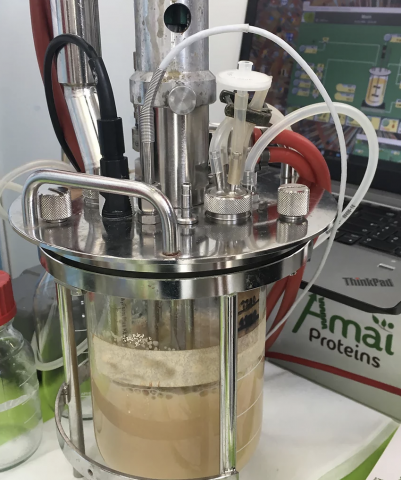“Functional ingredients” is a sub-category of the Food Science sector. See all definitions of FoodTech and its categories here.
The “functional ingredients” FoodTech category regroups startups developing new ingredients replacing additives, adding functionalities (such as reducing sugar), and improving the taste of food products.
The technologies used to create functional ingredients are mostly based on fermentation: precision fermentation, traditional fermentation or the combination of computational biology and fermentation.
Precision fermentation
Precision fermentation is not as new as it may seem. It has been used for decades for products such as insulin to replace animal-based ingredients with a product that has greater purity and reliability. Today, the focus is mostly on dairy products with many new ventures raising significant capital in this space.
Computational biology
Computational biology is the science of using biological data to develop models in order to understand biological systems. These models are used to create new molecules (molecular biology), in this case, proteins. These proteins are created to meet the functional needs of food products, such as taste or texture.

Key startups to consider
- Chromologics (DK), which develops innovative natural food colourants
- MycoTechnology, a US-based startup using mycelium (fungi) to create functional ingredients by fermentation, used in plant-based consumer-end products
- Amai Proteins, an Israeli company, provides computationally-designed proteins, especially to be used as sugar substitutes
- Cubiq Foods, from Spain, has developed a platform for cultivating fats for industrial clients
DigitalFoodLab’s additional insights
Get in Touch
We work with our clients to identify and act on the best Foodtech opportunities
By email
contact@digitalfoodlab.com
Our office
14 avenue de L’Opéra, 75001 Paris, France

